
January 15th, 2026
Explore the latest SEC crypto news as the United States Securities and Exchange Commission directly impacts the regulatory crypto landscape and influences global decisions. Learn how the SEC’s decisions shape the future of crypto investments, from new regulatory frameworks guiding the industry, to high-profile cases against erring entities.

SEC links AI-branded group chats, fake crypto platforms, and deepfake guru marketing into one $14M fraud narrative and a fresh warning shot at retail-facing “AI trading” plays.
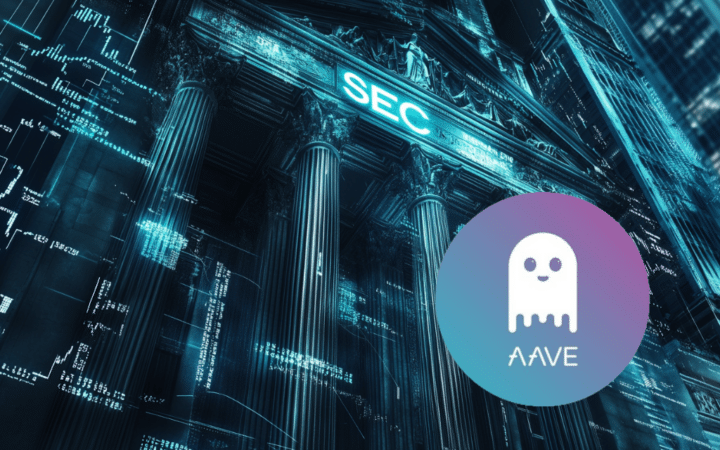
AAVE token has crashed more than 2% in the past 24 hours as SEC announced the end to its 4-year probe in the DeFi protocol.
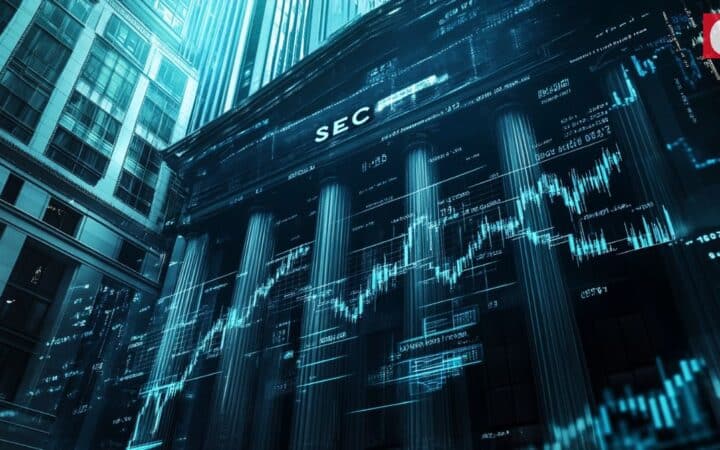
Crypto VC firm Shima Capital is shutting down after the SEC sued its founder for allegedly defrauding investors.

Paul Atkins said that the SEC will unveil the ‘Innovation Exemption’ for crypto firms starting in January next year.

SEC’s 2026 exam priorities drop the crypto section, shifting focus to cybersecurity, AI risks, fiduciary duty, and new Reg S-P rules.
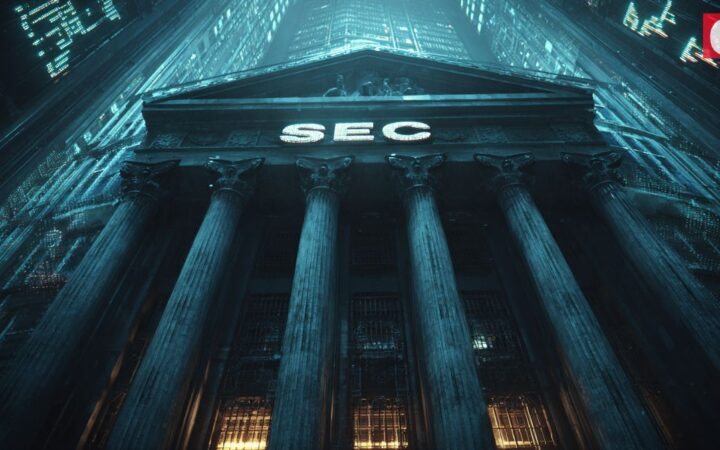
The SEC has temporarily halted trading of crypto treasury firm Nasdaq-listed QMMM Holdings after the stock surged 1,000% in less than three weeks.

The SEC faces key October deadlines on several crypto ETF filings, with Canary Capital’s spot Litecoin ETF first in line on Oct. 2.
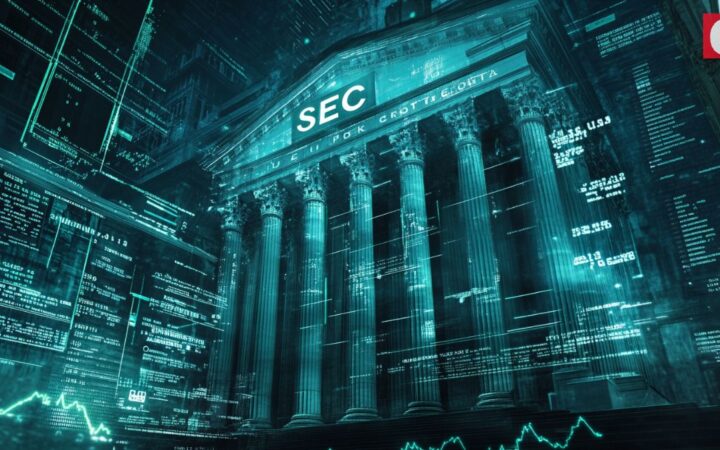
The SEC has approved the Hashdex Nasdaq Crypto Index US ETF under generic listing standards, allowing it to trade on Nasdaq under the ticker NCIQ.
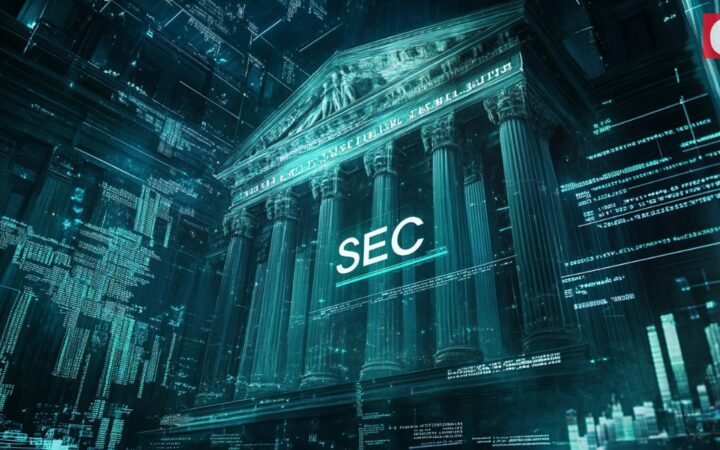
Grayscale’s Crypto Large Cap Fund (GDLC), holding Bitcoin, Ethereum, XRP, Solana, and Cardano, received SEC approval for its NYSE Arca debut soon.

The SEC and Gemini reach a tentative settlement over the Gemini Earn program, signaling a shift toward greater crypto regulatory cooperation.
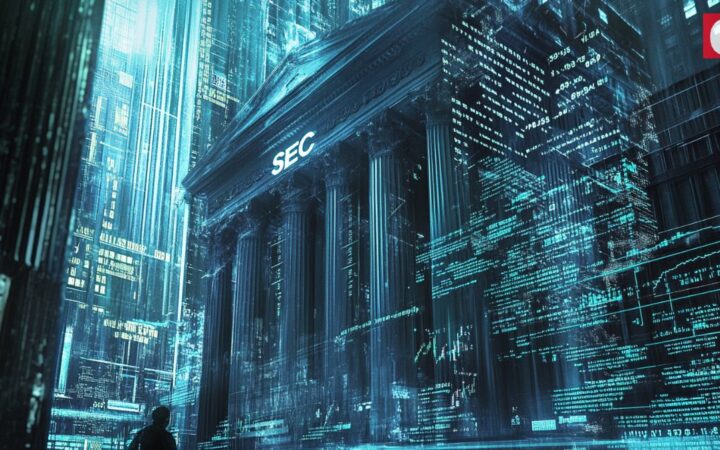
Coinbase has dragged the US SEC over the deletion of Gary Gensler’s text messages between October 2022 and September 2023.

Nasdaq submitted an SEC filing to allow trading of tokenized equities and ETPs on its exchange, potentially reducing settlement times and market friction through blockchain integration.
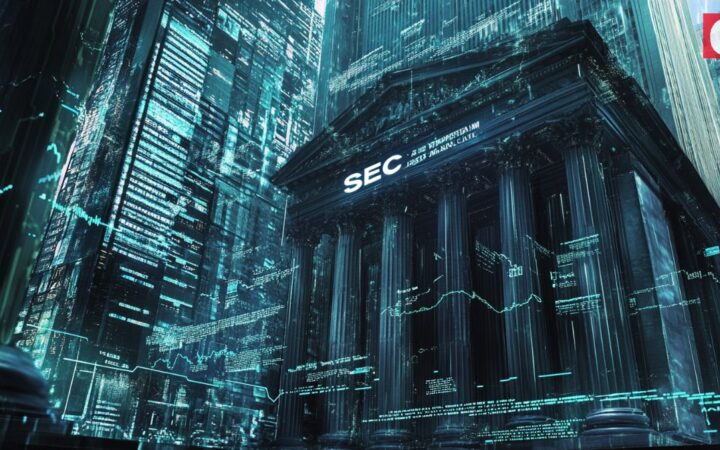
The SEC has extended its review of HBAR and DOT ETFs as it prepares for upcoming generic listing standards.
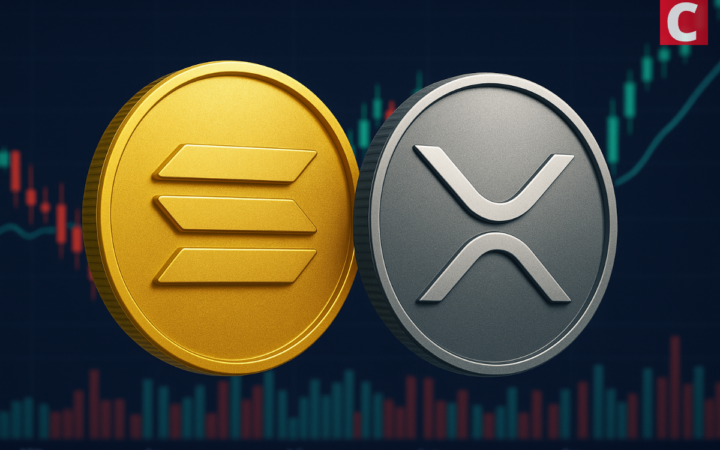
Solana and XRP ETF filings make up a significant portion of the 96 filings with the US SEC, with experts convinced of a bullish breakout soon.
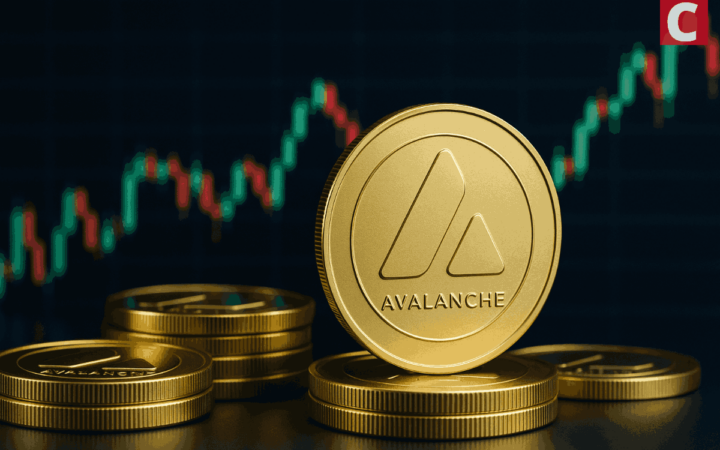
Grayscale Investments submitted an S-1 filing to the SEC to launch an Avalanche ETF, intending to rename its Grayscale Avalanche Trust (AVAX).
The United States Securities and Exchange Commission (SEC) is an important player in the evolving cryptocurrency landscape. As cryptocurrencies become more popular, the involvement of the SEC in the sector is growing, as it aims to protect the average crypto user while ensuring that stakeholders adhere to federal laws. Generally, the regulatory decisions made by the SEC help to understand the view of the US government on the crypto sector.
The Commission considers crypto classification crucial. One major aspect of its role is determining whether or not an asset is a commodity or a security. To decide, the US SEC uses a well-established principle known as The Howey Test. The categorization has strict implications because assets considered securities are subject to harsher regulations regarding marketing and trading. So far, the SEC has taken legal action against several platforms that launched cryptos that are considered securities, without due registration.
The SEC has contributed to the crypto sector by permitting spot cryptocurrency exchange-traded funds, beginning with Bitcoin BTC $96 025 24h volatility: 0.2% Market cap: $1.92 T Vol. 24h: $65.46 B products approved in January 2024. The Commission has also been involved in a regulatory framework for the crypto and blockchain sector, especially regarding the rapid growth of decentralized finance (DeFi) platforms and stablecoins. The agency aims to strike a balance between ridding the sector of fraud and scams and encouraging general innovation.
The SEC regulates cryptocurrencies by determining whether or not they qualify as securities under US law. The agency enforces compliance among crypto trading platforms, exchanges, and initial coin offerings (ICO).
Cryptocurrencies are legal to buy, sell, or hold in the US. However, as of 2024, the law does not consider them legal tender.
The Howey Test is a legal principle comprising four criteria used to determine whether an asset is a commodity or security. The requirements include money investment, profit expectation, common enterprise, and reliance on the efforts of others.
According to the SEC, Bitcoin is not a security.